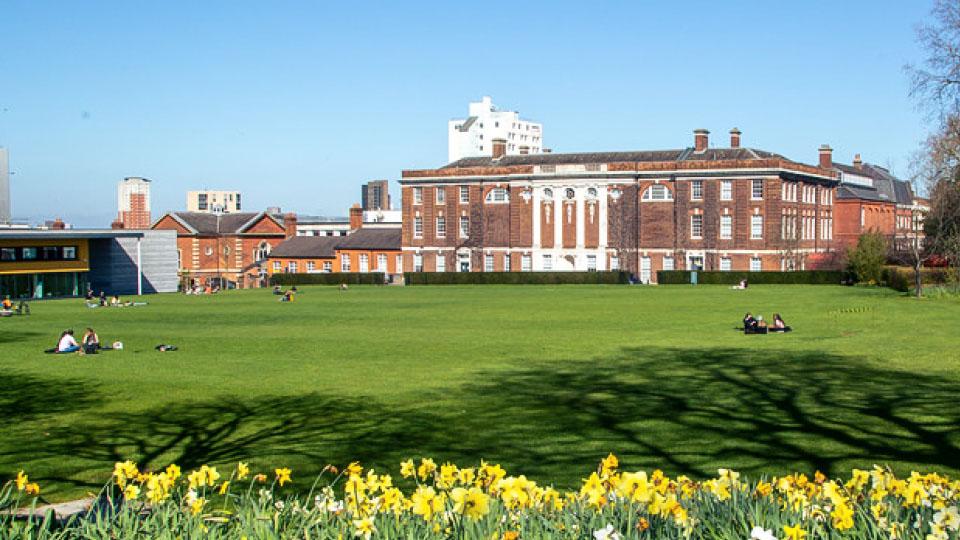All Journalism
One thing the rise of the internet has taught us is that easy access to information does not necessarily make people more enlightened. The quote “If you don’t read the newspaper, you’re uninformed. If you do, you’re misinformed” is attributed to Mark Twain, himself a one-time newsman – probably incorrectly, but the sentiment is certainly along the right lines.Part of the job of journalists is to interpret the details of current events, place them in the correct context, and explain their significance to readers and viewers. This requires good research skills and comprehensive knowledge of the issues at hand, but also an understanding of fields like history, political science, psychology, and economics. Many journalism students take these or similar subjects as minors, enabling them to specialize in a certain type of reporting.The personal characteristics of a journalist are at least as important to their success as their academic credentials. Personal integrity is a must: journalists with a reputation for irresponsible reporting will find it very difficult to become employed at any reputable news outlet. Having a wide range of personal contacts for additional perspectives is important, too; studying journalism abroad will give you a good start at developing such a network. Speaking a second language also makes it far more likely that you’ll be assigned as a foreign correspondent.The ability to connect and empathize with people from various niches of society will pay major dividends, as will a strongly analytical mindset, wide general knowledge, and self-discipline. While writing and storytelling are extensively taught as part of an undergraduate degree, having some prior experience of these is highly recommended for anyone considering journalism as a field of study.
















